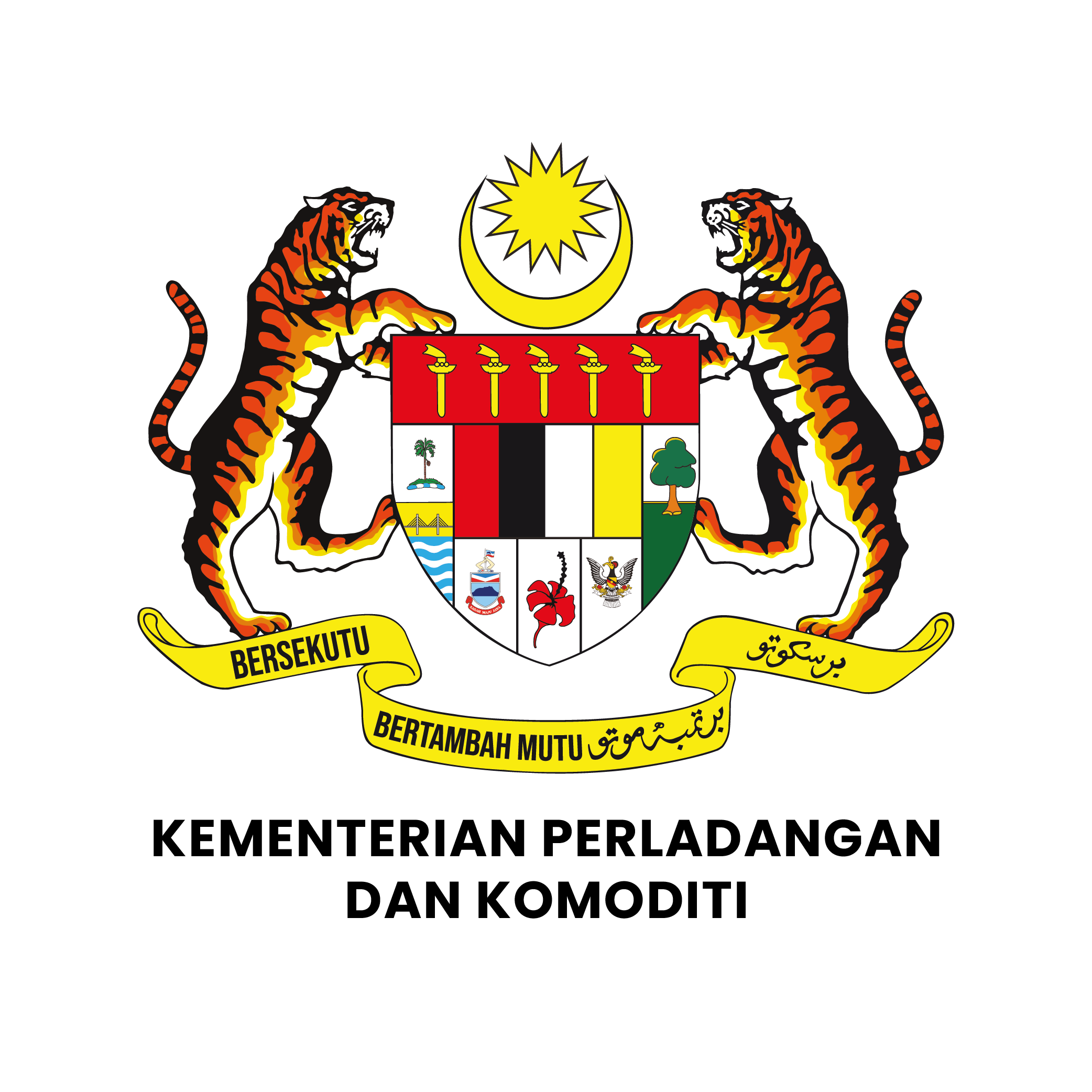
MEDIA RELEASE
BUILDING A SUSTAINABLE GLOBAL PEPPER INDUSTRY
THROUGH A COLLECTIVE APPROACH
The Deputy Prime Minister and Minister of Plantation and Commodities, YAB Dato' Sri
Haji Fadillah bin Haji Yusof, today officiated the opening of the 51st Annual Session and Meetings of International Pepper Community and International Spice Exhibition (51st IPC ASM ISE), organized by the International Pepper Community (IPC) in collaboration with the Ministry of Plantation and Commodities (KPK) and the Malaysian Pepper Board (MPB) at the Pullman Hotel, Kuching, Sarawak.
IPC is an intergovernmental organisation, established in 1972 under the auspices of the
United Nations – Economic and Social Commission for Asia and the Pacific (UNESCAP).
The primary goals of the IPC are to promote and coordinate activities within the pepper industry with a view towards further development. Member countries of the IPC encompass India, Indonesia, Malaysia, Sri Lanka and Vietnam, while Papua New Guinea and the Philippines have been designated as associate members.
As of 2022, member countries of the IPC collectively accounted for approximately 65% of global pepper production. With the theme "Balancing the Global Pepper Supply and Demand – Alleviating Pressure on Prices", the 51st IPC ASM ISE focuses on the challenges faced by the global pepper market, most notably the imbalance between supply and demand, which has placed immense pressure on prices and pepper cultivation in various regions, causing an economic pressure on stakeholders in the pepper industry, especially small-scale pepper farmers whom had to contend with escalation in production costs and relatively low selling prices.
Malaysia was the fifth largest producer with 32,724 tonnes after Vietnam, Brazil, India and Indonesia as reported statistic in 2022. Today, there are approximately 38,587 pepper smallholders in Malaysia with a total pepper cultivation area of 8,091 hectares.
Malaysia primarily exports pepper to countries such as Japan, Singapore, South Korea, Vietnam and Taiwan. Up to August 2023, Malaysia recorded a total of RM96 million worth of export and will double up effort searching new markets such as in Scandinavian countries.
It is pivotal for the IPC to continue monitoring the dynamics of pepper supply and demand, considering its direct influence on price levels. The pepper producing countries should devote concrete and concerted efforts to manage the supply, stabilising prices and increasing consumption.
Moreover, it is essential to strengthen existing collaborative efforts among all parties to be consistent and aggressive in promoting and campaigns with the intention to enhance further pepper consumption, both domestically and internationally.
Exploring unconventional markets for pepper consumption can serve to broaden the pepper market, therefore creating vast opportunities towards the growth and sustainability of the global pepper industry.
MINISTRY OF PLANTATION AND COMMODITIES






